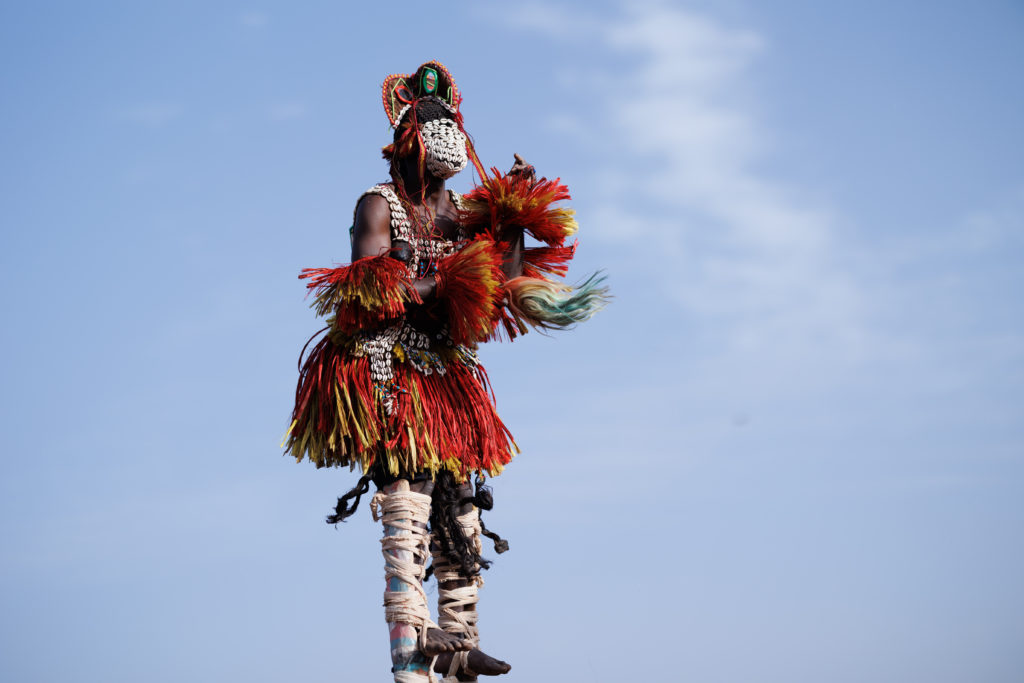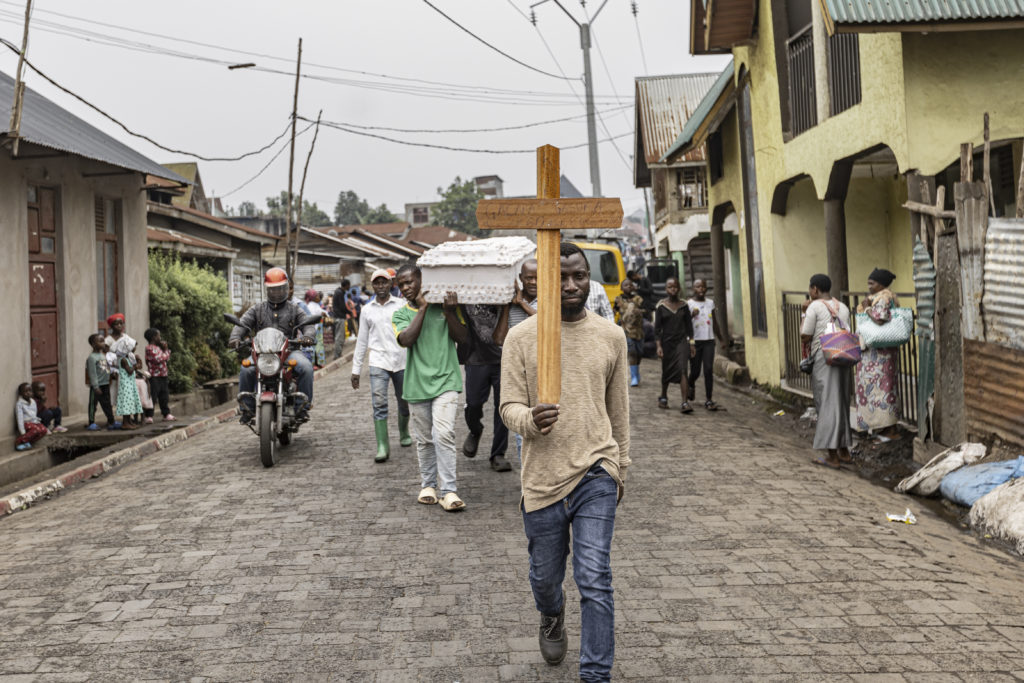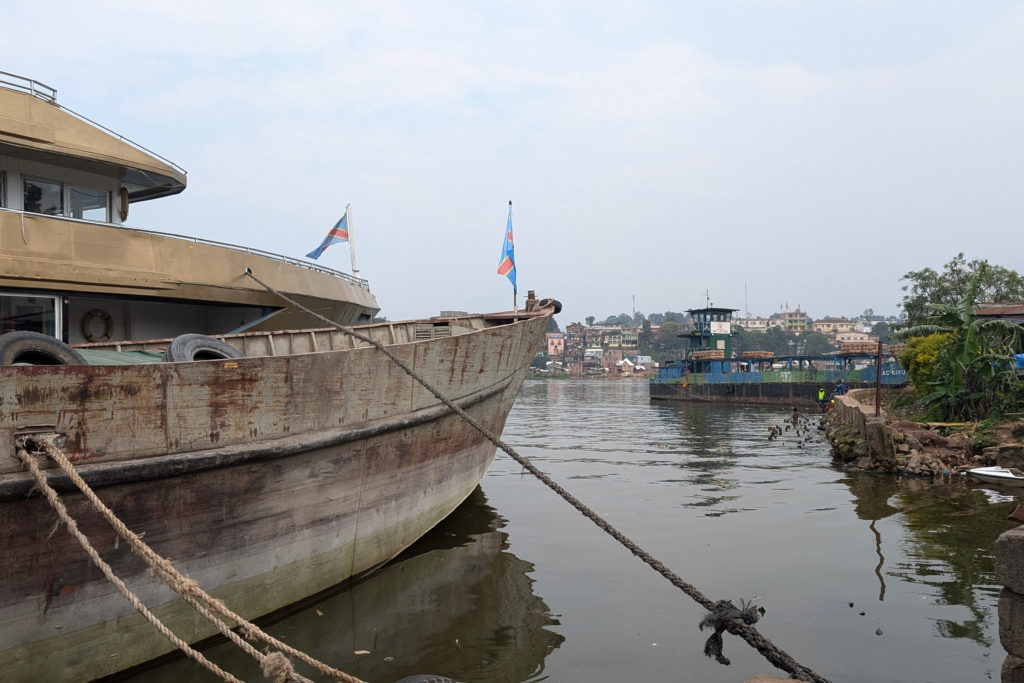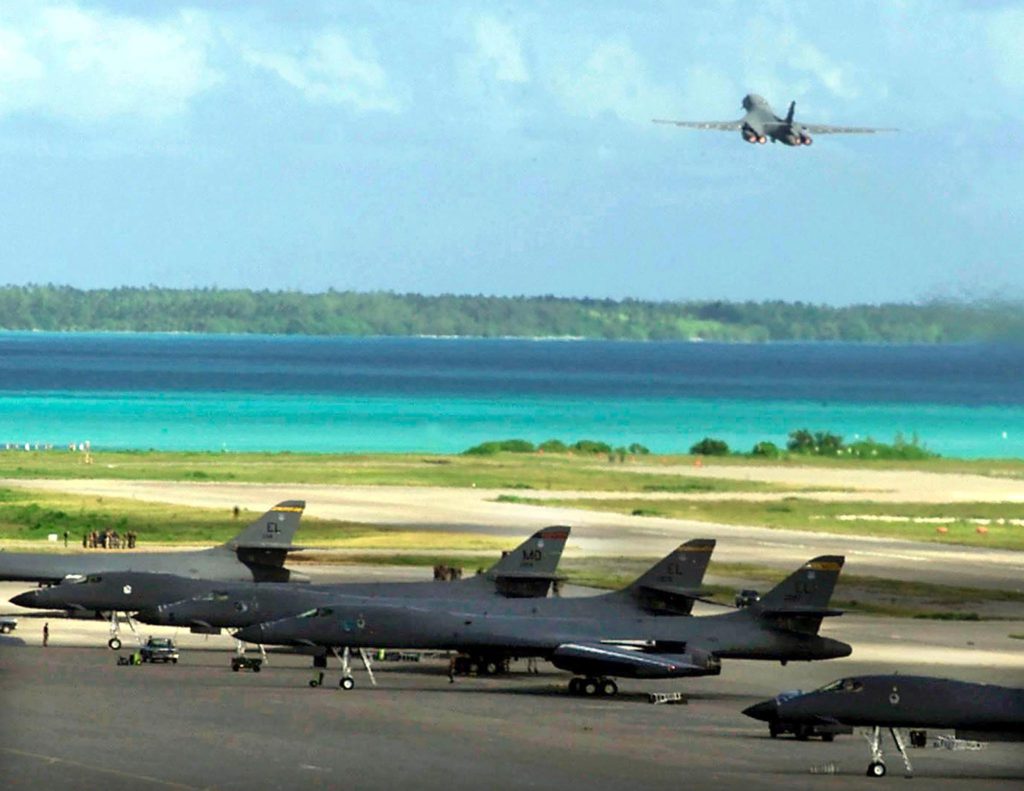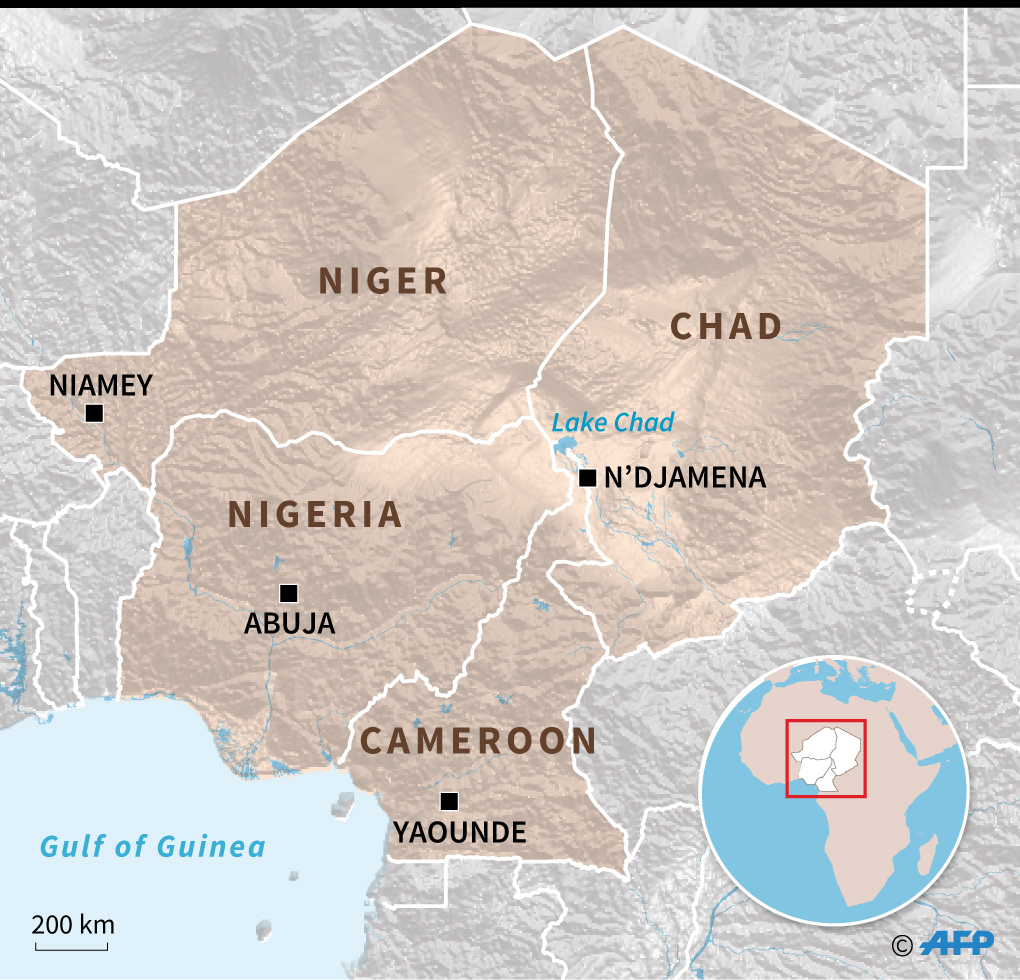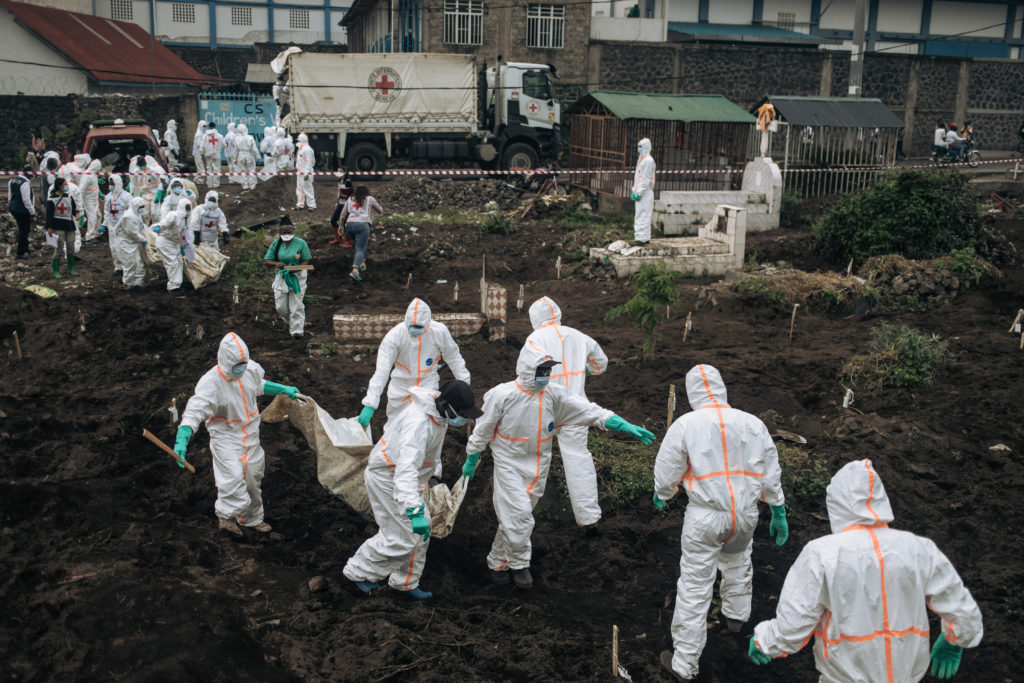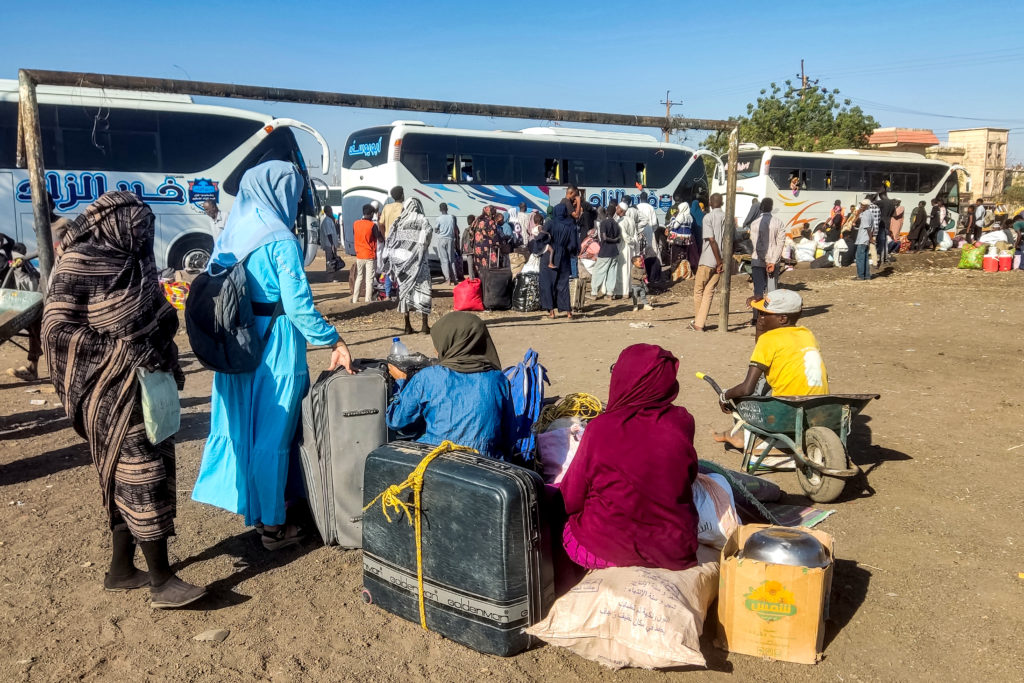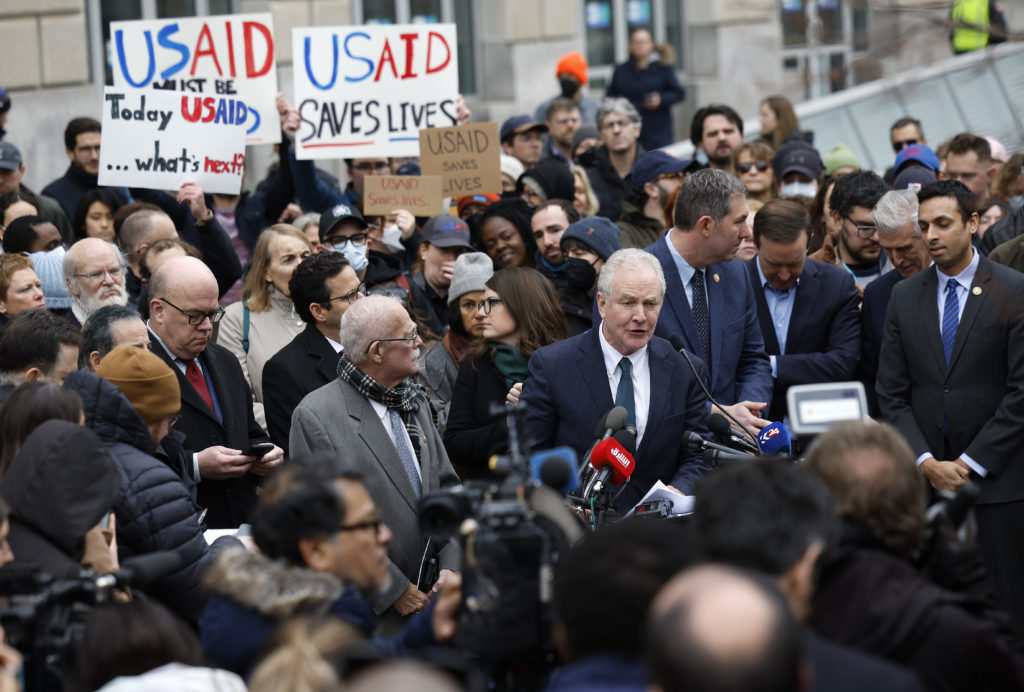People cannot go to Mali’s Dogon region to witness its spectacular ancient culture, so the Dogons brought their dancing, wrestling and architecture to the Sahel nation’s capital. The central region has been isolated for a decade because of the insecurity that has stricken the huge west African country.But authorities have organised the annual week-long Ogobagna festival to promote a region and people who feel they have been forgotten. This year, a traditional village was built on the edge of the Niger river that runs through the Mali capital for the festival, that ended Monday.The Dogons are mainly farmers, living in hills that are not easy to reach at the best of times. They are known for their animist beliefs, the wooden sculptures and masks that are used in their ancient rituals and their architecture with clay and thatch buildings.But the region has suffered from jihadist attacks by groups linked to Al-Qaeda and Islamic State that the military says was part of the reason for back-to-back coups in 2020 and 2021. Junta chief General Assimi Goita has declared 2025 a year of culture. The festival is now in its 10th year and chief organiser Pierre Adeye said it had been a “true success”, with the parade of masks again the highlight.Dogon-style wrestling and boat races were introduced this year to bring modernity to an event that usually shows off traditions dating back thousands of years. Wrestlers and artists came from Niger, Senegal and Guinea to take part in Ogobagna 2025. “In Africa we have to do everything to safeguard our cultural heritage,” said Ali Bangoura, an artist who came from Guinea by road to take part in the festival. “Even though we don’t have the means we were determined to be here for the event.”
Tue, 04 Feb 2025 15:02:03 GMT

